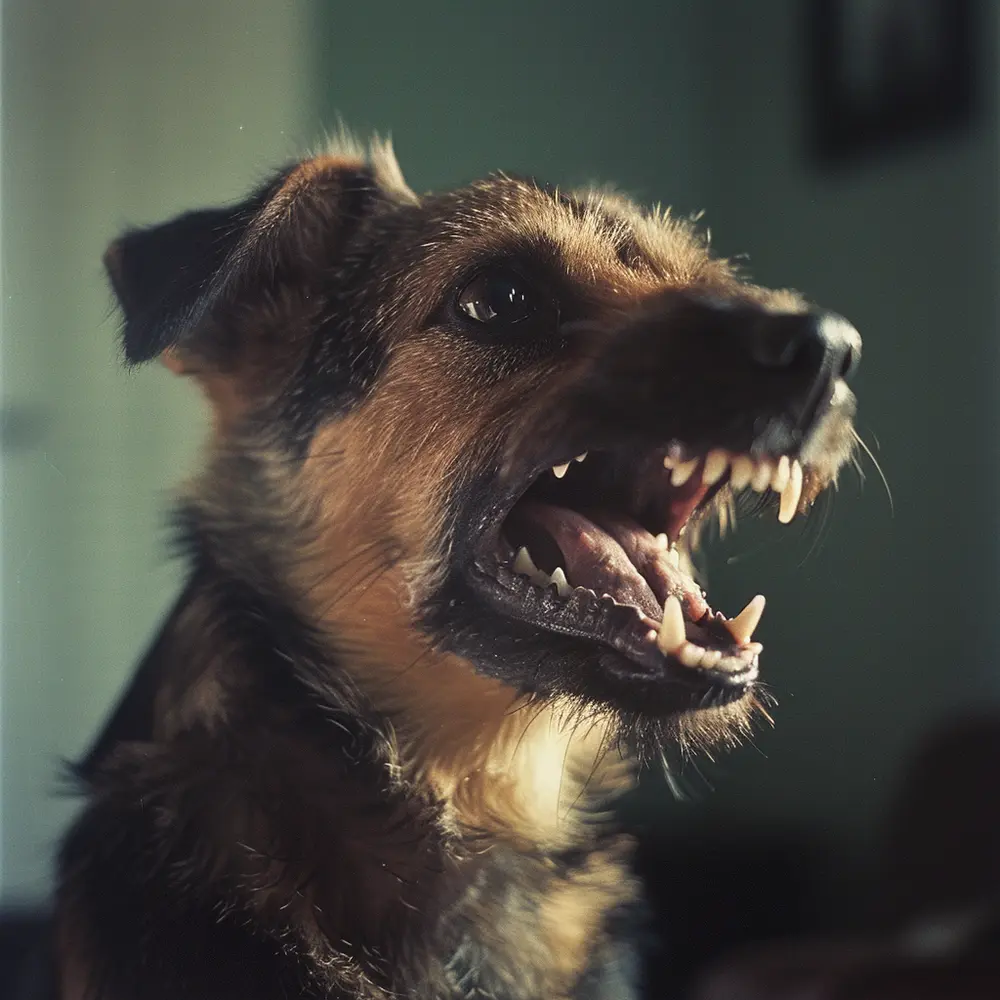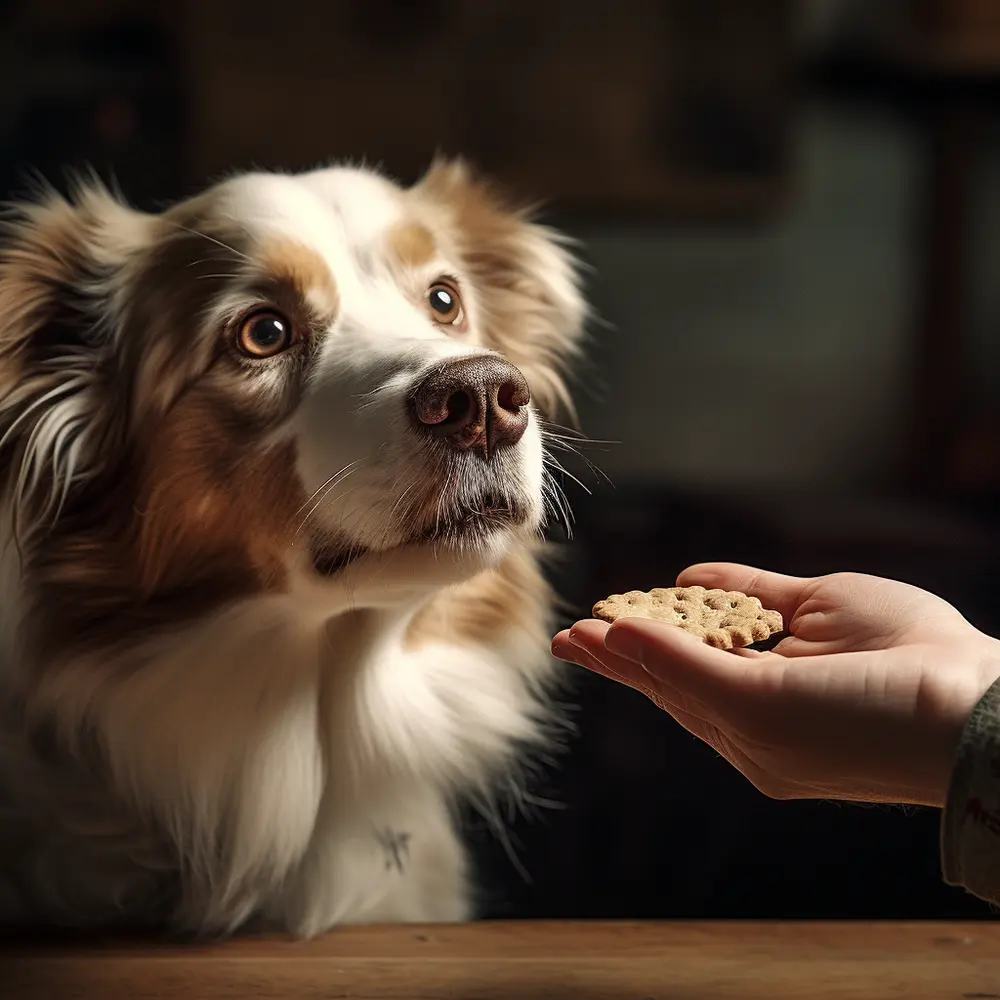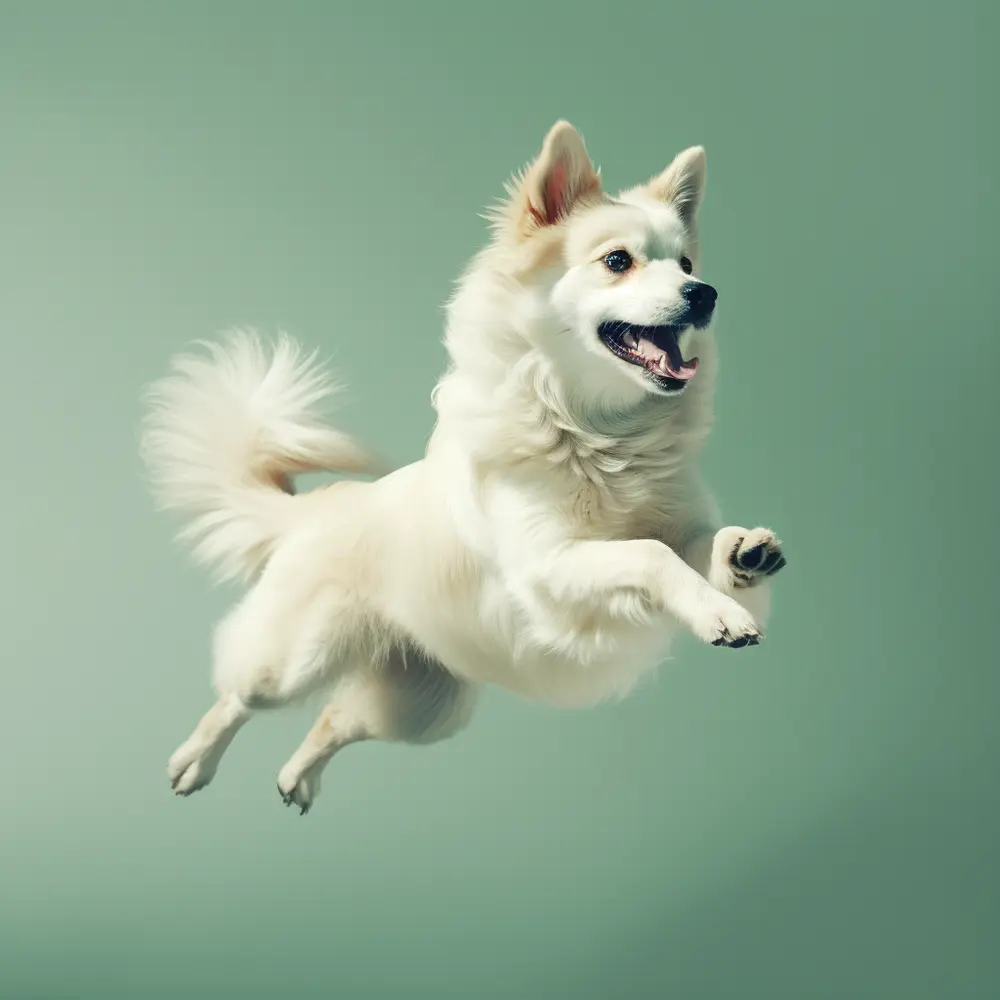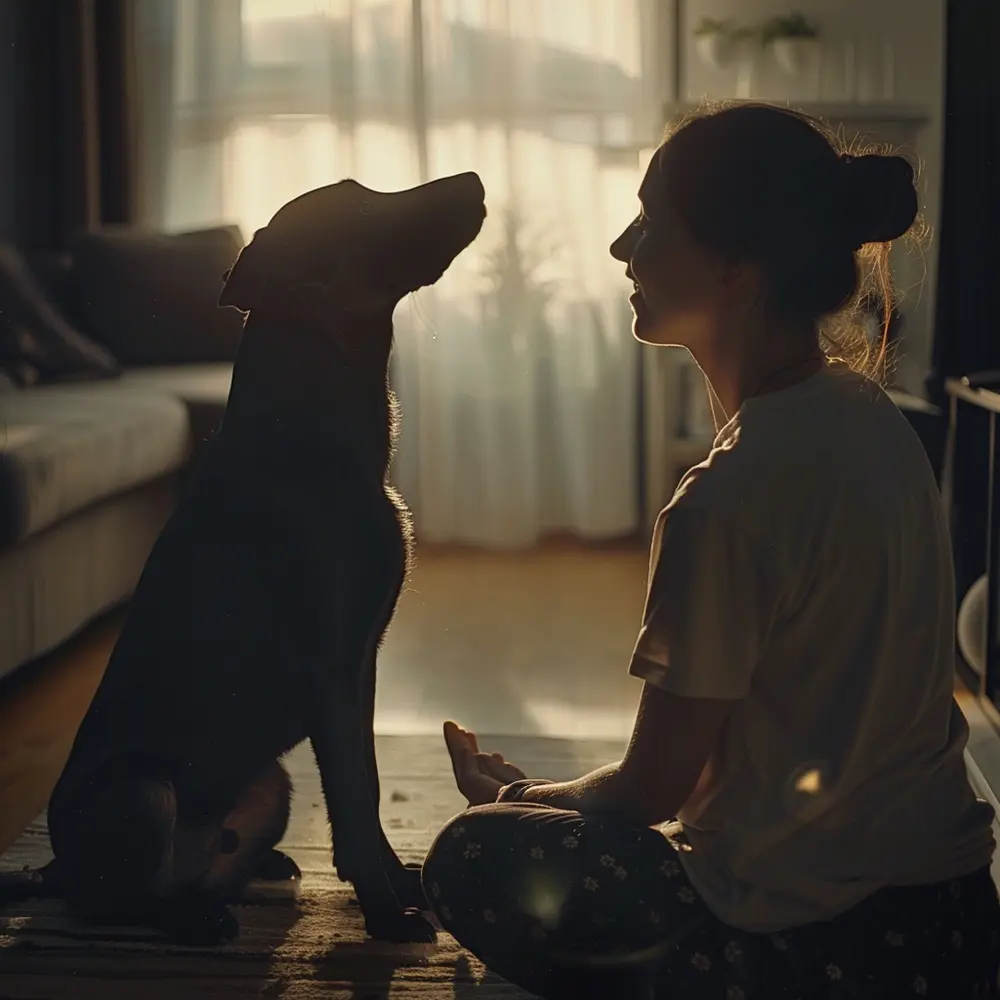Posts on the Topic Reinforcement

Building a strong dog-human relationship hinges on trust, communication, and mutual respect, developed through consistent positive interactions that recognise the dog's personality and needs. Effective communication involves understanding both verbal commands and non-verbal cues like body language to foster a...

Embarking on home dog training necessitates understanding canine psychology and consistent, patient application of positive reinforcement. Establishing a conducive environment with minimal distractions, appropriate timing, and short sessions is crucial for effective learning. Essential tools such as a proper collar or...














